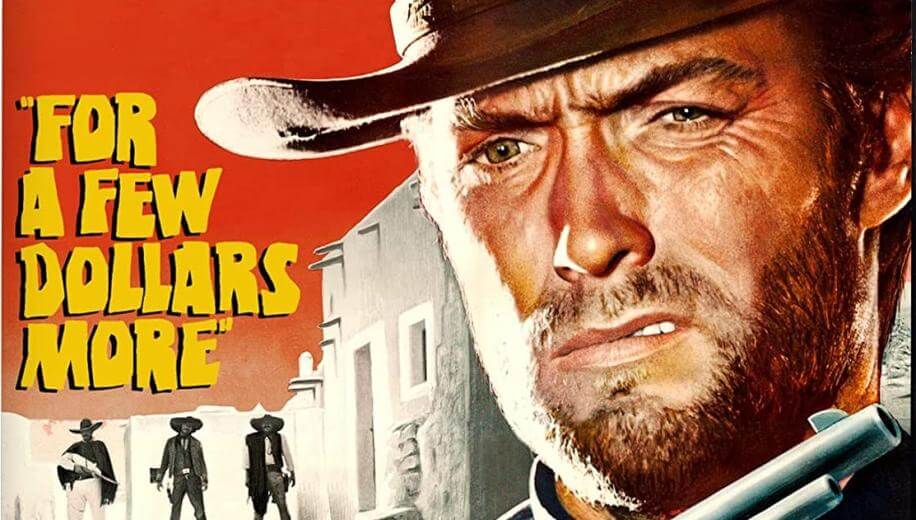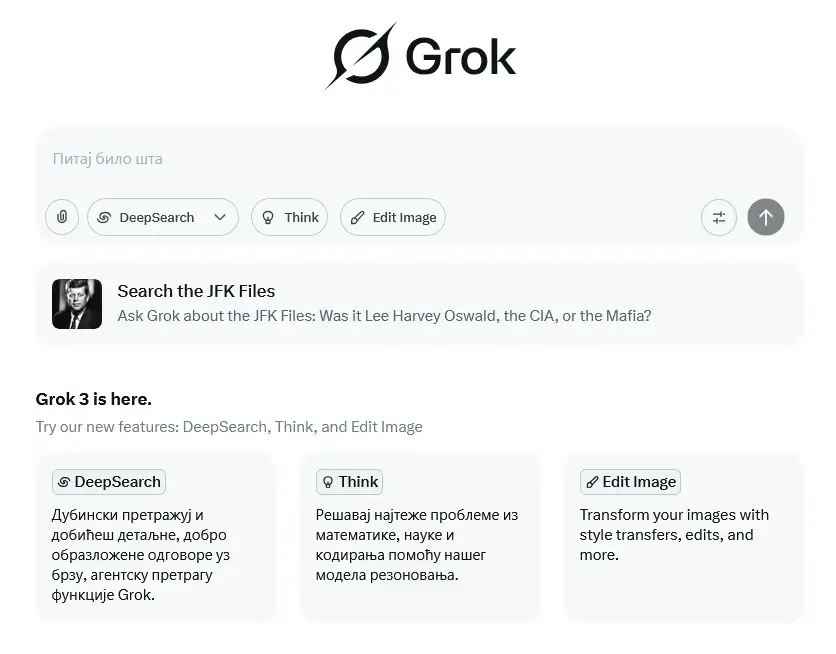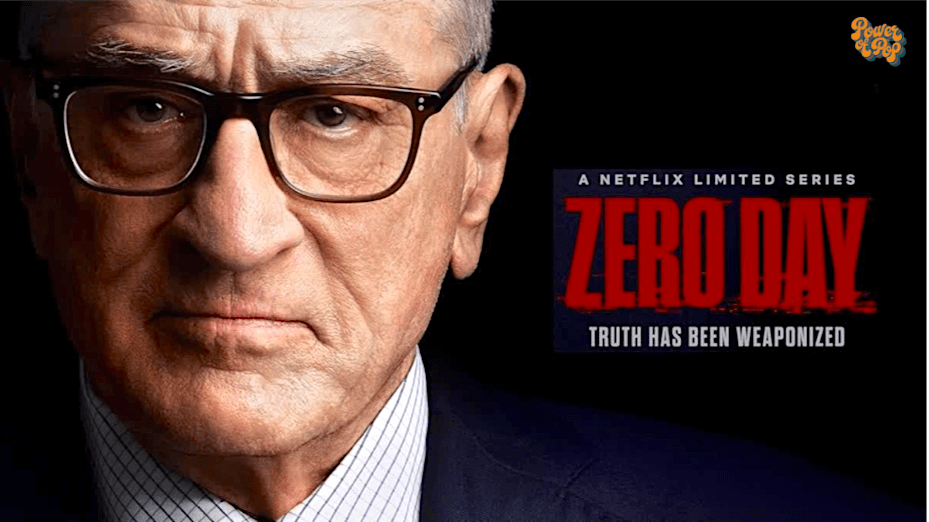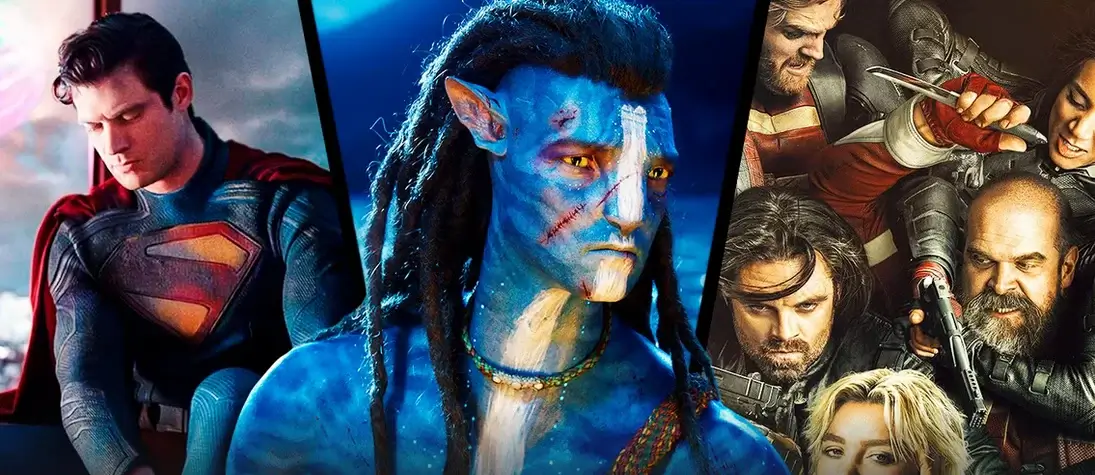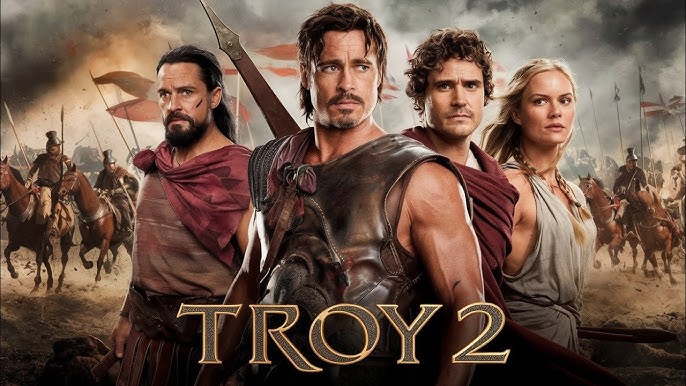Table of Contents
A Tribute to a Storytelling Giant
On May 11, 2025, the world of cinema lost one of its most quietly influential figures — Robert Benton. The three-time Oscar winner passed away at his home in New York at the age of 92. Although the headlines have moved on, Benton’s impact on American cinema remains deeply etched into the heart of Hollywood. More than just a director or screenwriter, he was a storyteller who gave voice to ordinary people in extraordinary emotional moments.
Born in Waxahachie, Texas in 1932, Benton’s path to Hollywood was anything but typical. He started as an art director at Esquire magazine before turning to screenwriting — eventually co-writing one of the most groundbreaking films of the 1960s. From there, he became one of the few writer-directors who consistently told intelligent, heartfelt, and deeply human stories across multiple decades.
Here are five compelling reasons why Robert Benton’s legacy will stand the test of time.
1. Kramer vs. Kramer Changed the Way We See Divorce and Fatherhood
When Kramer vs. Kramer was released in 1979, it struck a chord with audiences and critics alike. At a time when divorce was still considered taboo, Benton had the courage to explore it with nuance, depth, and honesty. The film told the story of a man forced to grow as a father after his wife leaves him and their child — flipping the script on traditional gender roles in parenting.

The film went on to win five Academy Awards, including Best Picture, Best Actor (Dustin Hoffman), Best Supporting Actress (Meryl Streep), Best Director (Robert Benton), and Best Adapted Screenplay (also Benton). It became a cultural touchstone for a generation grappling with changing family dynamics.
Even today, Kramer vs. Kramer is frequently listed among the most important films about family relationships ever made.
2. He Captured the Soul of Small-Town America in Places in the Heart
In 1984, Benton returned to his Texas roots with Places in the Heart, a powerful tale of resilience, race, and redemption during the Great Depression. The film was inspired by his own childhood experiences, and it showed. It was a deeply personal film that didn’t shout — it whispered, and its emotional weight hit even harder because of that restraint.
The movie earned Sally Field her second Oscar and won Benton his third — for Best Original Screenplay. It also received nominations for Best Picture and Best Director.
What made Places in the Heart special was Benton’s ability to highlight both the ugliness and beauty of American life without cynicism. His empathy for his characters was his greatest strength.
3. He Helped Launch the New Hollywood Era with Bonnie and Clyde
Before Benton was a director, he co-wrote the groundbreaking Bonnie and Clyde (1967) with his writing partner David Newman. The film, directed by Arthur Penn, became a landmark in American cinema — ushering in the so-called “New Hollywood” movement, which prioritized artistic freedom, moral ambiguity, and youthful rebellion.
With its stylized violence and complex antiheroes, Bonnie and Clyde changed what audiences expected from movies — and what studios were willing to take risks on. Benton’s work on the screenplay laid the foundation for a new generation of filmmakers.
Even if Benton had never directed a film in his life, this contribution alone would have secured his place in film history.
4. He Brought Out the Best in Legendary Actors
Throughout his directing career, Benton had a gift for drawing career-best performances from some of Hollywood’s most iconic actors. Aside from the Oscar-winning roles of Hoffman and Streep in Kramer vs. Kramer, and Sally Field in Places in the Heart, Benton also worked closely with Paul Newman in Nobody’s Fool (1994), which earned Newman an Academy Award nomination.
Newman later said that Benton was one of the few directors he trusted completely — a quiet presence on set who never micromanaged, but always understood the emotional truth of a scene.
This ability to connect with actors on a human level — not just as performers but as people — made Benton a favorite among Hollywood’s elite.
5. He Was the Definition of Timeless Storytelling
Unlike many directors who chase trends or spectacle, Benton remained true to a very specific kind of storytelling: personal, intimate, and emotional. His films weren’t flashy, but they lingered. They were often about ordinary people facing extraordinary situations with quiet dignity.
Even his lesser-known works, like Twilight (1998) or Feast of Love (2007), carried the same DNA: richly drawn characters, complex emotions, and stories about connection and forgiveness.
Though he stepped away from directing after Feast of Love, his body of work continues to inspire writers, directors, and students of film. He taught us that you don’t need explosions to move people — just honesty, empathy, and craft.
Final Thoughts: A Legacy Beyond the Oscars
Robert Benton didn’t chase the spotlight. He didn’t make blockbusters. But he changed the world — quietly, from behind the camera — by telling stories that mattered.
In an era where Hollywood often prioritizes spectacle over substance, Benton’s work reminds us of the enduring power of simple, human storytelling. Whether it’s a father learning how to care for his son, or a widow struggling to save her farm, his characters spoke to something universal.
As we say goodbye to this remarkable artist, let us return to his films — not just to remember him, but to learn from him. Because the best stories don’t age. They evolve with us.
Where to Watch Robert Benton’s Work
Most of Benton’s films are available on streaming platforms like Amazon Prime Video, Apple TV, and Criterion Channel. If you’ve never seen Kramer vs. Kramer, now is the perfect time. If you have, revisit it with fresh eyes. It holds up — maybe now more than ever.
Liked this tribute? Share it with fellow film lovers and honor the legacy of one of cinema’s quiet giants.
Discover more from World of Movie
Subscribe to get the latest posts sent to your email.




